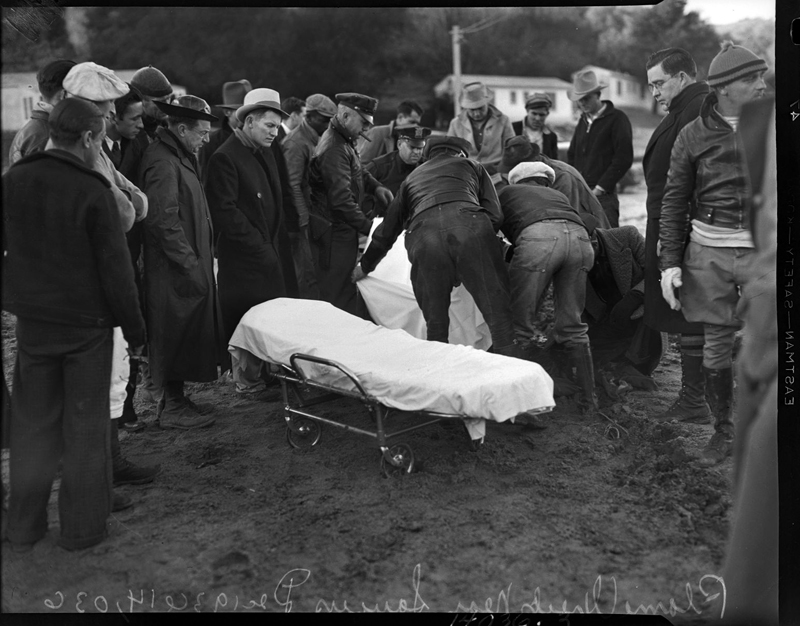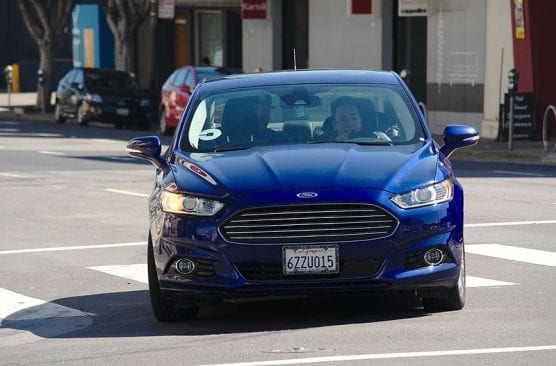SACRAMENTO — California lawmakers voted Tuesday to shatter the business models of homegrown companies like Uber and Lyft by approving the gig economy bill Assembly Bill 5, legislation that would force the tech industry and many others to turn independent contractors into employees.
The measure by Assemblywoman Lorena Gonzalez, D-San Diego, is one of the most contentious bills of the legislative session and has pitted labor unions and Democrats against the gig economy and the minority Republican faction.
Supporters hope the gig economy bill will set off a tide of similar legislation across the country and extend benefits to millions of contractors, while Uber, Lyft and Doordash are threatening to spend nearly $100 million to overturn the bill via ballot measure once it’s enacted.
“We will raise the standards for millions of workers and ensure they gain access to critical rights and benefits,” said state Sen. Maria Elena Durazo, D-Los Angeles. “We can make California a global leader in protections for gig workers, janitors, construction workers and so many working people who can’t even pay their rent.”
Durazo reminded everyone in the Senate chambers Tuesday night that the landmark 2018 California Supreme Court decision that prompted Assembly Bill 5 was backed by the court’s Republican chief justice. She said it was time for the Legislature to codify the ruling in Dynamex v. Superior Court and bring much-needed clarity to state employment law.
In Dynamex, the state supreme court ruled that to classify workers as contractors, a company must show it does not directly control the worker, that the work falls outside its usual course of business, and that the worker is “customarily engaged in an independently established trade.” The three prongs have been referred to as the “ABC test,” and this the standard that Gonzalez is attempting to codify in law through AB 5.
The ruling set off a flurry of employment lawsuits, emergency corporate boardroom meetings and sent a horde of lobbyists to Gonzalez’s office.
Trade groups have been watching AB 5 closely, and some of their lobbying efforts have paid off.
Gonzalez has agreed to exempt real estate agents, doctors, lawyers, insurance agents and hairstylists from her gig economy bill, and there was separate legislation proposed late Tuesday that would exempt newspaper carriers for one year.
But she has refused to do the same for rideshare or independent truck drivers who have petitioned for carve-outs.
The exemptions have caused critics to accuse Gonzalez and the bill’s supporters of “picking winners and losers.”
“This Legislature should not be in the business of picking favorites, which is exactly what this legislation does,” said Senate Republican Leader Shannon Grove. “A one-size-fits-all employment test should not, and cannot apply to these Californians who depend on income from independent contract work.”
Grove’s Republican caucus tried to put the majority party on the spot by issuing 12 sets of last-ditch hostile amendments for industries that weren’t given exemptions under the final bill. The Republicans bargained for carve-outs for independent truck drivers, designers, lumber workers and certain medical professionals.
But the proposals did little more than delay the inevitable and were all shot down by the Democrats.
After more than two hours of debate, the Senate voted 29-11 to send the proposal to the Assembly to consider the recent amendments. The Assembly approved the original version of the bill by 55-11 vote in May and has until an end of session deadline Friday to decide whether to send the bill to Democratic Gov. Gavin Newsom.
Many Democratic senators acknowledged that the bill isn’t perfect but agreed that AB 5 should serve as a placeholder until further legislation can be proposed in 2020.
“There is more work to be done. But I don’t know, how many years do you want to take before we bring something forward that actually tries to address some of the concerns of the categories of workers that we should address?” asked Senate President Toni Atkins, D-San Diego.
Though it appears likely the bill will be approved by Gov. Newsom, the fight is far from over. Uber and others are threatening to spend $90 million to qualify a 2020 ballot measure and overturn AB 5, setting up a battle between state labor unions and the gig economy.
State Sen. Jeff Stone, R-Temecula, made it obvious that he and other Senate Republicans will be siding with the affected industries.
“We’ve turned this bill into a Christmas tree for labor unions that might as well have an office right here in the state Capitol,” Stone said.
— By Nick Cahill
Like this:
Like Loading...
Related





 Tweet This
Tweet This Facebook
Facebook Digg This
Digg This Bookmark
Bookmark Stumble
Stumble RSS
RSS


























REAL NAMES ONLY: All posters must use their real individual or business name. This applies equally to Twitter account holders who use a nickname.
0 Comments
You can be the first one to leave a comment.